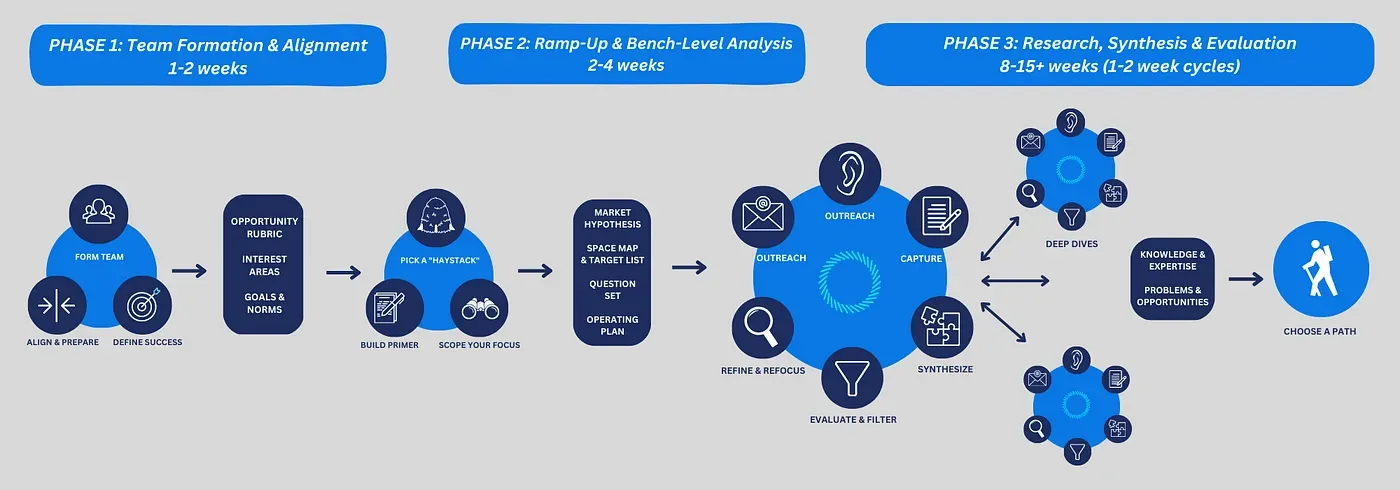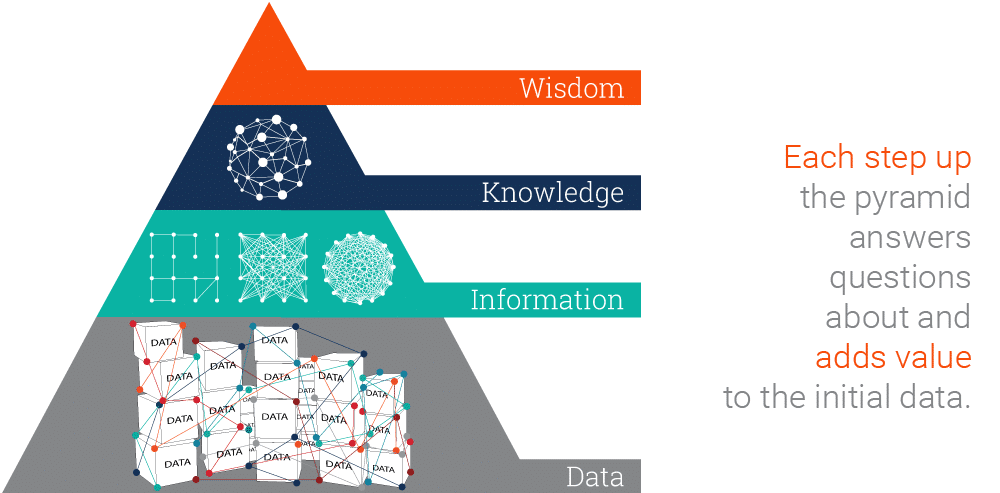Getting Lightning to Strike the Same Place Twice: Developing Venture Ideas

Starting a venture is difficult. What happens the second time? After a first venture, without a second one in mind, the journey for an entrepreneur is awkward yet common. For many entrepreneurs whose instincts tell them, “I would be much better on my second venture”, one problem remains: how do I find an idea?
Finding another venture idea can feel like trying to get lightning to strike the same place twice.
Finding a new venture idea is harder than inventing something and getting a patent. The rewards are greater, there’s more on the line, and you only have a few times in your life to take a bite at the apple. When it comes to situations like these. You don’t need accuracy, you need precision. Accuracy is hitting a bullseye. Precision is hitting it with certainty and consistency. The first time an entrepreneur finds a good idea, they get a taste of accuracy. The next time, the entrepreneur needs precision. This article is about acquiring that level of precision.
Running a Process
Professor Scott Brady, a deep tech investor that teaches at Stanford GSB, teaches a great methodology called the Research Driven Ideation (RDI) Process that many have found great success with. His firm, Innovation Endeavors, published a great article about the process here. The article goes into depth about how to run a process for venture ideation and provides a structured framework for doing so.

I used a version of this process during my year at Stanford as a Sloan Fellow to develop the basis for my new venture, Veridian.
Questions
Questions are free and they open the mind. I prepared a list of questions (expands when clicked) that guided me through my journey. Hopefully they assist in yours.
Helpful questions to ask:
What spaces do I see that are hot right now? Will they stay hot?
Where do I have an advantage?
Where do I feel like my life is taking me?
Do I have fundamental skills from one thing that transfer to something else well?
What questions are people not asking?
What beliefs are holding people back?
What perspectives do people lack?
What looks off?
How did we get to this point in history?
How do I create an impact while also finding sustainable business models?
What if the conventional wisdom is exactly incorrect? Is there any chance the exact opposite is true?
What would a successful business that I would like to start look like? Describe in as much detail as possible.
Finding Value as You Research
As you research, your understanding becomes deeper. It's less about rote memorization and more about valuable insight. Wisdom is more valuable than data as shown in DIKW Pyramid below:

Gathering information takes work and access to great sources of information (e.g. experts, reports, books), but the valuable insights that form ventures require more advanced perspicacity. Fortunately, there are frameworks for that as well.
Artistic Thinking and Perception
As an engineer and businessman by training, I have taken inspiration from an unlikely source: art. Artists have a completely different way of perceiving the world than the left-brained, analytically minded. They also have training and frameworks for thinking that come in handy for those that were not born with the skills.
There was an art teacher named Betty Edwards that wrote a book called "Drawing on the Right Side of the Brain" (featured in my Recommended Books section). She found that people who couldn't draw weren't naturally using the right side of the brain that controlled artistic abilities. Simple exercises such as looking at a drawing upside down, looking at empty space, and focusing on lights/shadows drastically increased here students' abilities to draw photorealistic drawings. See the results below:

There's also a short primer here.
Betty wrote another book with a similar mindset on the idea of creative problem solving. Her later work, "Drawing on the Artist Within" took some of the same ideas from "Drawing on the Right Side of the Brain" and applied them to solving problems. I included an excerpt of the book below:
Enduring the Process
Throughout the process, it is important to resist the urge to immediately pull the trigger on a venture. The sooner you have a vision, the sooner you can act, work, and raise funding. At the same time, the longer you take, the better your idea, and clearer your vision becomes. Timing when to go can almost be maddening, but it takes sound judgment.
The process of developing a new venture idea is an uncomfortable paradox to endure. There is no correct answer and the human mind hates dealing with paradoxes and uncertainty. It never feels like it's perfect (and if it does, it might be a sign that your heads in the clouds). I usually find I'm in the best positions when I feel like where I'm at is "just enough for where I need to be at the moment."
Closing Thoughts
Risk-return is a framework for investors. It doesn't quite work for entrepreneurs who have to make things happen every day. It takes will to make things happen when there doesn't seem to be hope and it takes courage to deal with the constant fear of failure. This game isn't as simple as chance and prediction. It's so much more than that. It's a challenge of making the impossible possible, and finding that magic makes the journey worthwhile. I hope you find this article helpful in your respective journeys.
